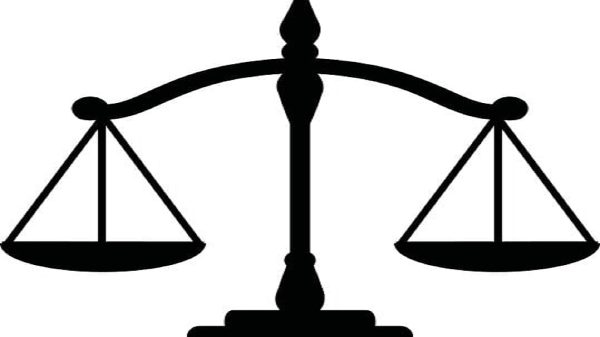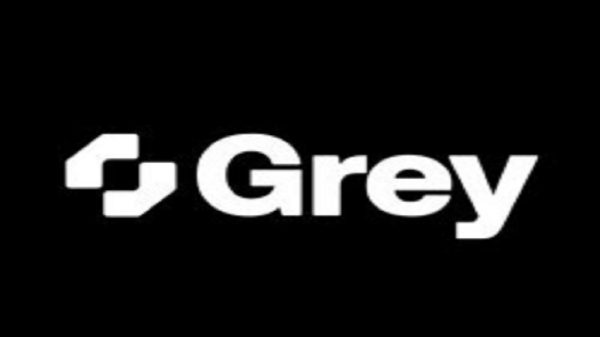Google, the global search engine, which provides the digital infrastructure, has tightened regulations on Fintech Loan apps by cutting off access to sensitive data including users’ contacts, photos and location.
Fintech Loan apps are waxing worriedly with Mr. Ngozi Dozie, a major player in the sector, and co-founder of Carbon Micro Finance, frowning at the new rule, describing it as discriminatory, according to HallmarkNews.com
“Why the different treatments? The distinction between lending apps and digital banking apps is disingenuous; a bank, which Carbon is, by default lends. Therefore, all banking apps are by default lending apps, broadly speaking”, he told another medium.
The new regulation is in response to grievances from loan app users, who claimed devious lenders are using the content of borrowers’ smartphones for harassment, defamation and blackmail.
According to the statement released by Google, the new regulation, which will be effective from May 31st, 2023 is purposed to address issues relating to misuse of personal data by loan apps.
“Apps that provide personal loans, or have the primary purpose of facilitating access to personal loans (i.e., lead generators or facilitators), are prohibited from accessing sensitive data, such as photos and contacts. This policy applies to apps, which offer loans directly, lead generators, and those, who connect consumers with third-party lenders,” it stated.
Google, in its April 2023 policy updates mandated Digital money lenders to comply with the regulatory guidelines for digital lending, which according to the company, may be amended from time to time.
“To operate as a Personal Loan App in Nigeria, it is mandatory for Digital Money Lenders (DML) to comply with the Limited Interim Regulatory/Registration Framework and Guidelines for Digital Lending, 2022 (as may be amended from time to time) set by the Federal Competition and Consumer Protection Commission (FCCPC) of Nigeria.
“DMLs must also furnish verifiable approval letters obtained from the FCCPC. Loan Aggregators, on the other hand, are required to provide certification and documentation for their digital lending services, as well as contact information for every partnered DML.
“Additionally, upon request by Google Play, you must submit any supplementary information or documents to demonstrate your compliance with the regulatory and licensing requirements that are applicable to your operations,” Google authorized.
Prior to the policy update by Google, the FCCPC announced that 173 loan apps in Nigeria had been registered, out of these 173 only 119 have received full approvals and are fully licensed while 54 digital loan apps have conditional approvals. The registration is an outcome of its regulatory framework titled the “Limited Interim Regulatory/Registration Framework and Guidelines for Digital Lending 2022, which was released in August 2022 as a measure to curb the excesses of predatory digital lenders.
The commission gave digital money lenders a 90-day ultimatum to register for approval, which was later extended to January 31st, 2023.
According to Babatunde Irukera, chief executive officer of the FCCPC, the incessant infringement of people’s privacy and unscrupulous recovery practices led to the introduction of an interim registration framework for digital lenders in partnership with the Independent Corrupt Practices and Other Related Offences Commission (ICPC), Central Bank of Nigeria (CBN), Economic and Financial Crimes Commission (EFCC) and the Nigerian Communications Commission (NCC).
“What we did was to develop this framework, where we needed to know the people in the market, we needed to know who they were, what they were doing, the source of their money, what type of interest rates they were charging, and how transparent they were with respect to their customers.
“We also want to restrain what kind of information they are able to pull off people’s phones and what they’re able to do with that information, especially with respect to making contact with people on the contact list, and their loan recovery practices; the kind of language uttered, the times they call, what kind of things they say,” he stated.
“The companies that have been registered now are those, who have provided the transparency and the information that sufficiently establishes these facts. We have also partnered with Google to make sure that only companies that are approved under the framework can get on the Play Store because we recognize that that’s one of the most important ways for them to proliferate and get to their customers,” he added.
However, Irukera clarified that the registration is not a certainty that all the registered loan apps are law abiding but it will drastically reduce violation of Law. To buttress his point, he stated that the commission can effortlessly trace the registered companies and punish them accordingly if they violate the law.
The FCCPC has commended the policy update by Google, stating that it is a positive development of its partnership with google to sanitize the digital lending space as well as to address the invasion of borrowers privacy by loan apps.
On its official twitter page, the commission posted a tweet concerning the new policy which ensured consumer protection.
“FCCPC is transforming the way it works to ensure fair competition & consumer protection. Just did with digital loan apps. Partnered #ICPC, #EFCC, #NITDA, #CBN, #NCC & #NHRC to introduce interim registration framework; & Google to ban loan apps from accessing user contacts, photos”
Irukera, the CEO of FCCPC reacted to this post affirming that the battle won calls for celebration.
“One more battle won in a large war to protect the rights of consumers. We focus on the raging war, but celebrate the small wins too. We started out to confront this monster, & now Nigeria has led again with demonstrating desire and will to protect her own. One battle at a time!” he tweeted.
Reactions to this tweet by “@fccpcnigeria” signified that the new policy was a huge relief for loan app users, who have been victims of unethical recovery practices, harassment and blackmail from loan apps.
Tolu Ogunlesi, the Special assistant to President. Muhammadu Buhari on Digital & New Media in his response to the post stated that “Privacy violations have been a problem with loan apps in Nigeria for a while now, e.g. illegally accessing user contact lists and photos. @fccpcnigeria working to ensure that it no longer happens.”
Moyosore Lukmon Oloyede, a twitter user, who responded to this post commended the estimable efforts of the FCCPC.
“Data protection is a big deal. Government need to protect the people more with policies that will control unnecessary access to public data. Kudos to @fccpcnigeria for this laudable collaboration and commitment. It’s time to act against SM platforms too like TikTok, FB etc,” he tweeted.
“There is a grave danger that what started as a positive action will stifle innovation and hurt the smaller companies that are doing God’s work in financial inclusion. What’s worse is that there is already an uneven playing field between the fintech Davids and the Big Bank Goliaths.”
Abuse of access by loan apps
“Certainly in some emerging markets including Nigeria, I suspect the abuse of this data by many lending apps acted as a main driver. It works like this:
“Customer downloads lending app to borrow money; a precondition for the loan is providing access to their contacts and photos. If the customer defaults on a loan then to shame the customer to repay, the lender sends some or all the contacts of the borrower message.
“Clearly, this practice is abusive and goes against all privacy laws; Google is right to reduce the invasion of privacy. But in implementing this policy with not enough nuance, Google is cutting the legs off from some of the more innovative companies that are doing the Lord’s work, like Carbon,” he said.
The updated Google policy will be instrumental in protecting users from fintech loan apps who capitalise on the desperation of borrowers by giving out loans at outrageous interest rates. When these borrowers default, they resort to threatening them and sending defamatory messages to their contact list. The collaborative efforts of FCCPC, Google and other agencies will undoubtedly sanitize the Digital money lending industry in Nigeria.
![]()




























































